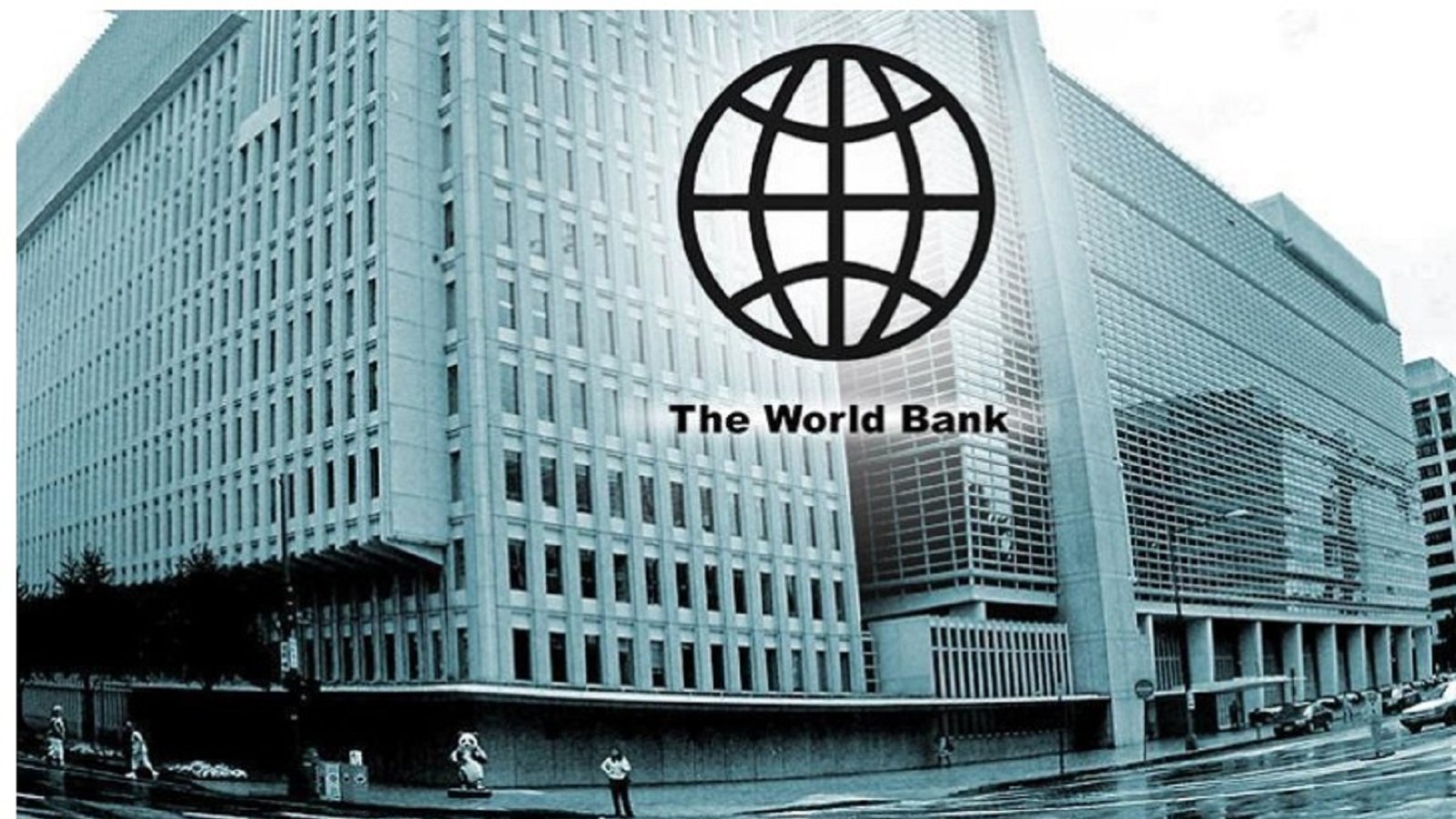World bank announces $100 billion in funding for the world’s poorest countries

The World Bank has made a landmark announcement, pledging a historic $100 billion in funding to support the world’s 78 poorest nations.
This funding, orchestrated through the International Development Association (IDA), will be allocated over the coming years to tackle key challenges such as poverty reduction, economic growth, and climate adaptation.
The IDA, which primarily assists nations in Africa, plays a crucial role by providing grants and low-interest loans, with some countries receiving interest-free support.
The announcement, made on December 5, 2024, follows a year-long fundraising process that saw $23.7 billion raised.
This amount slightly exceeds the $23.5 billion pledged during the last fundraising cycle three years ago.
The funds raised by the IDA are crucial as they allow the World Bank to borrow from financial markets, effectively multiplying the amount by approximately four times.
This financial leverage results in $100 billion in new loans and grants, compared to $93 billion in 2021.
World Bank President Ajay Banga expressed that this funding will be directed to countries in dire need, specifically the 78 nations most vulnerable to poverty.
The IDA is instrumental in the World Bank’s efforts, primarily funded through the contributions of member states.
Every three years, donor countries gather to replenish its resources.
This year, the United States committed a record $4 billion to the IDA, while other countries like Norway and Spain significantly increased their financial contributions.
The IDA’s funding will go towards projects and programs aimed at fostering economic growth, enhancing access to education and healthcare, and supporting countries in their efforts to adapt to climate change.
Many countries that were once recipients of IDA support, such as China, Turkey, and South Korea, are now generous donors themselves, underlining the international solidarity within the initiative.
This fundraising success is being hailed as a historic achievement by the World Bank, representing a vote of confidence from the international community in supporting sustainable development and addressing the needs of the world’s most vulnerable populations.
About The Author
dailymailafric
I am an avid African news observer, and an active member of Daily Mail Africa.
I’m Passionate about staying informed on diverse topics across the continent,
I actively contribute to publishing on political, economic and cultural developments in Africa.



